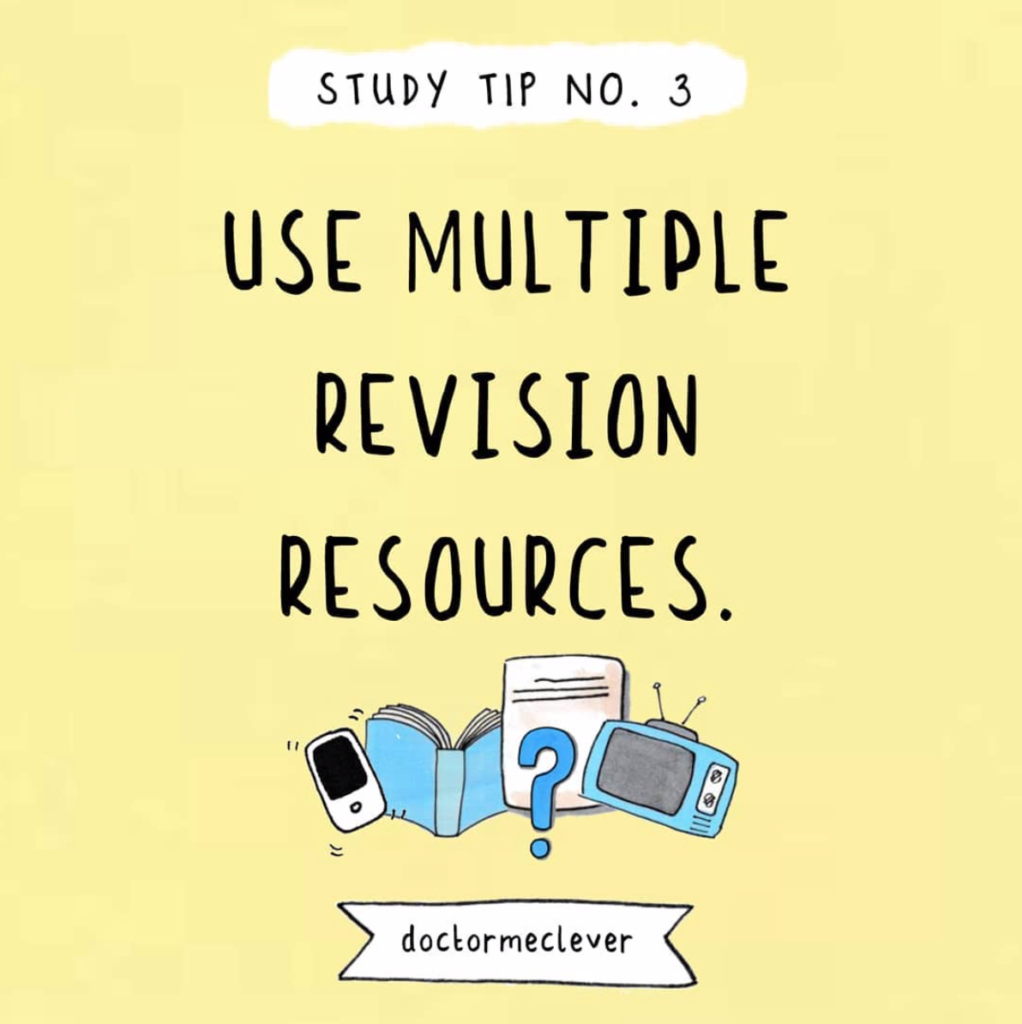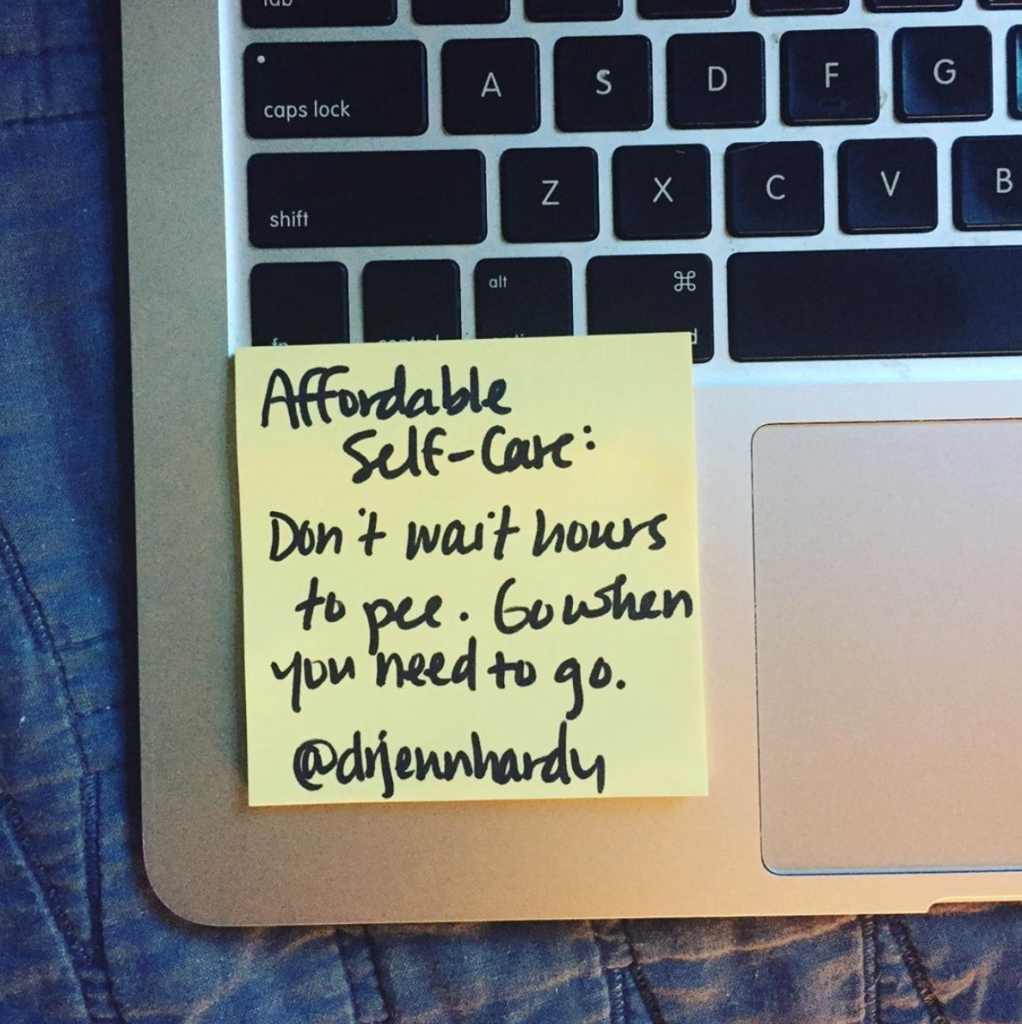
Welcome back to another episode of Your Anxiety Toolkit. Today we are thrilled to introduce Dr. Laura Wetherill who will be talking about school anxiety. Dr Laura Wetherill is a Formal Research Scientist, turned full-time mom, who has a gift for doodling and supporting students with their studies and their mental health. Dr. Laura Wetherill now considers herself an online educator and has so much to share with us about managing school anxiety.
During the interview, we address the below questions:
- What advice to you have for those who afraid of how stressful the year will be?
- How can students manage comparisons (with students who are “smarter” or “more popular” etc.)?
- Any tips for managing time during the school year?
- How can one manage the fear of failing a test or a class?
- How can one manage strong feelings of dread and hate towards school?
Dr. Wetherill gathered information on how students are feeling about going back to school and learned a lot about school anxiety and fears:
When asked, “How are you feeling about going back to school?” the vast majority reported fears based around friends, exams, time pressures, expectations, etc. We included them for your reference.
Friends/relationships: • Nervous about not having friends in some of my classes. • Worried about losing friends. • Worried about making friends. • Unresolved conflict with friends. • Bullying.
Exam Stress: • Many students worried about coping with stress, anxiety and the pressure around upcoming exam time. • One student is worried that she will panic in the exam room. • Students worrying that they’ve failed their exams and must go back to school with “bad” results (worried they’ve let parents, teachers and themselves down).
General stress: • Scared the year will be too stressful. • Excited for subjects but not about the stress.
Expectations/Not feeling smart enough: • Worried about not meeting entry requirements for A levels. • Worried about not being smart enough and finding it hard when everyone is competing and being compared against one another. • Worried about being unable to cope with the step up in difficulty.
Time pressure: • Not having enough time to learn everything. • Not having enough time to finish resources. • Not having enough time to revise. • Feelings of time running out. • Having to miss the first week of school and then worried about catching up with work.
Predicting Failure: • One student had failed her mocks and is worried that she will fail the real exams. • Students worried that they will fail the exams at the end of this new school year.
Feeling unprepared: • Unprepared for exams. • Unprepared to leave school at the end of the year. • Unprepared for the year ahead. • Some are not sure how to prepare for the year ahead. • Revising hard but feel like it’s not enough. Coping with ongoing medical conditions that disrupt school. • Having a medical condition that means they might not be able to attend school or sit the exams that they would like to sit. • One student was doing half days and they’re worried that this year they won’t be able to cope if they have to do full days. • Making the wrong choices: • Worried that they’ve chosen the wrong subjects or will not enjoy them.
Strong feelings: • “I hate school, I don’t want to go back.” • “My friends p*** me off.” • “I’m terrified”.
New beginnings: • Nervous about starting a new college/6th form/school. • Nervous about starting a new school, in a new country.
For more information on Dr. Wetherill, visit:
Instagram:@doctormeclever
Website: doctormeclever.com
Dr. Wetherill and I created a FREE 7-Step resource to help you bust your procrastination habit. Click HERE for the info.

Welcome back to another episode of Your Anxiety Toolkit. Today I was reflecting on what you might need to hear and it dawned on me that you might need a solid dose of compassion. So, today we are talking about finding your compassionate voice. In this podcast, I will lead you through a “Finding your compassionate voice” meditation, created originally by Kristin Neff and Christopher Germer. The script is below, but please note that I did change a few components to match the style of my voice and my ideas for what you needed to hear.
Finding your compassionate voice involves us bringing what we need to hear to our awareness. Examples of finding your compassionate voice might sound like:
“I love you”
“I am here for you”
“You are enough”
“You are loved”
“Everything is going to be ok”
Finding your compassionate voice is an exercise or tool that might be able to offer you a skill to increase self-compassion, self-kindness, and self-respect.
Finding your Compassionate Voice Meditation
Please find a posture in which your body is comfortable and will feel supported for the length of the meditation.
Then let your eyes gently close, partially or fully.
Taking a few slow, easy breaths, releasing any unnecessary tension in your body.
• If you’d like, placing a hand over your heart or another soothing place as a reminder that we’re bringing not only awareness but affectionate awareness to our breathing and to ourselves. You can leave your hand there or let it rest at any time.
• Now beginning to notice your breathing in your body, feeling your body breathe in and feeling your body breathe out. Now releasing the focus on your breathing, allowing the breath to slip into the background of your awareness, begin to offer yourself words or phrases that are meaningful to you. Whisper these words into your own ear.
• Just letting your body breathe you. There is nothing you need to do.
• Perhaps noticing how your body is nourished on the in-breath and relaxes with the out-breath.
• Now noticing the rhythm of your breathing, flowing in and flowing out. (pause) Taking some time to feel the natural rhythm of your breathing.
• Feeling your whole body subtly moving with the breath, like the movement of the sea.
• Your mind will naturally wander like a curious child or a little puppy. When that happens, just gently returning to the rhythm of your breathing. This is mindfulness.
• Allowing your whole body to be gently rocked and caressed – internally caressed - by your breathing.
• If you like, even giving yourself over to your breathing, letting your breathing be all there is. Becoming the breath.
• Just breathing. Being breathing.
• And now, gently releasing your attention to the breath, sitting quietly in your own experience, and allowing yourself to feel whatever you’re feeling and to be just as you are.
• Slowly and gently open your eyes.

Welcome to another episode of Your Anxiety Toolkit Podcast. We are talking all about our bodies and addressing a very important topic called Health At Every Size in this episode. Today, I am honored to talk to Emily Cooper, a therapist who specializes and is so knowledgeable about health at every size, body positivity, body neutrality, and privilege.
In this episode, we talk about whether there is a “right type of body” or a “wrong type of body” and how society and diet culture impact us and how we see our bodies. Emily Cooper addressed why Health At Every Size is an important concept that improves self-respect and self-love. Health At Every Size (HAES) is an inclusive movement that supports people of all sizes, weights, and body types in addressing health directly by adopting healthy behaviors. Health At Every Size does not focus on weight as the sole indicator of health. Being thinner does not necessarily make a person healthier or happier. A “healthy body” aligns with more than one body type and across a wide range of weights.
During this episode, Emily Cooper also addresses how our perception of our body can impact our everyday lives, specifically related to work environments, social environments, relationships, intimacy and life in general.
In her discussion about Health At Every Size, Emily Cooper also addressed the concept of thin privilege and diet culture and how they impact our relationship with our body and other peoples’ bodies.
The goal of this podcast episode is to introduce you to the idea that you can start to respect your body today, no matter what size or shape. Emily beautifully shared that her hope is to give us permission to not like our bodies but still learn to live our lives, not using weight or size to indicate your worth or ability to do the things you want to do.
For more information on Emily, visit:
Instagram: @heyemilycooper
Blog: http://www.heyemilycooper.com/
Book References:
Body Respect by Linda Bacon and Lucy Aprhamor
Intuitive Eating by Linda Bacon

Welcome to Your Anxiety Toolkit Podcast. Today we are talking about a concept that I get asked about so often. Today we are talking all about how to manage intrusive thoughts. So often I am asked by clients and the CBT School community questions like, “What is an intrusive thought?” and, “How do I manage intrusive thoughts from becoming mental compulsions?” and, “Why is it so hard to manage intrusive thoughts?”
These are all such good questions and I can totally resonate with why it is such a difficult and confusing topic. In today's episode of Your Anxiety Toolkit, I talk about why thought suppression doesn’t work and why distraction is a tool that only works for a short period of time. In this episode, we review the practice of mindfulness in an attempt to manage intrusive thoughts and create an environment in your brain where fear and uncertainty doesn’t run the show.
A wonderful follower sent me the below question:
“I have heard you talk about distraction and thought suppression. Does that mean I need to just focus on my thoughts and stay in my own head? While keeping myself busy with my job and other activities keeps me engaged and gets me out of my own head, does this count as a distraction? Also when you say distraction is bad, is it in the context of OCD or in general? I'm a bit confused, can you please provide some clarity on this.”
This is such a common question that I get asked and I wanted to take this time to address a concept called “Occupation,” which is the practice of allowing thoughts WHILE you go about your day. Occupation is a practice of taking intrusive thoughts with you while you do the things you value in life. This is a very important concept and can help us to define how we manage intrusive thoughts and how we can reduce engaging in compulsive behaviors and mental compulsions.
I hope this episode helps give you additional tools to help manage intrusive thoughts and mental compulsions.

This week’s episode of Your Anxiety Toolkit Podcast will really change the way you look at and relate to Self-care. In this episode, we aren’t talking about luxurious, expensive and unsustainable self-care. We are talking about affordable self-care. And, we are talking about self-care that costs NOTHING! If you struggle with self-care, this is the episode for you. If you struggle to even be aware of when you need self-care, this is the episode for you.
In this episode, we talk with Psychologist Dr. Jenn Hardy about how marketing and media have made self-care into something that should look perfect, cost a lot of money and be luxurious. Dr. Jenn Hardy brings up the wonderful point that a self-care plan that is expensive and indulgent is not sustainable and won’t fit into most people’s daily lives. Dr. Jenn Hardy addresses a concept she coined, affordable self-care, which is taking care of your basic needs and making time each day to give your body and mind what it needs.
Here are a few examples of affordable self-care that you can include into your life in simple and easy ways.
- Going pee when you need to pee
- Journaling
- Slowing down
- Taking a breath between activities
- Honoring what your body needs
- Saying no to things
The thing I love the most about this episode is that we learn just how accessible affordable self-care is. We all have access to affordable self-care, no matter what your income is, where you live and what you do for a living.
For more information on Dr. Jenn Hardy, visit:
Instagram: @drjennhardy
Website: Drjennhardy.com
Before we go, I want to share a virtual conference with you that I will be speaking at (from August 5th-15th): Share Triumph Cancer Conference. I will be speaking at this free, virtual event in which women share how they made decisions about medical treatment and discuss how the emotional effects of diagnosis impact them today. Specifically, I will be talking about managing anxiety related to physical illness and cancer. This event brings together renowned doctors, therapists, nonprofits, fashion brands, comedians, podcasters, survivors and metavivors teaching you how to get through diagnosis, treatment and the aftermath to help keep your mind and spirit intact! Click HERE for more information and to register